SuperEx丨The AI Agent sector may lead the market.
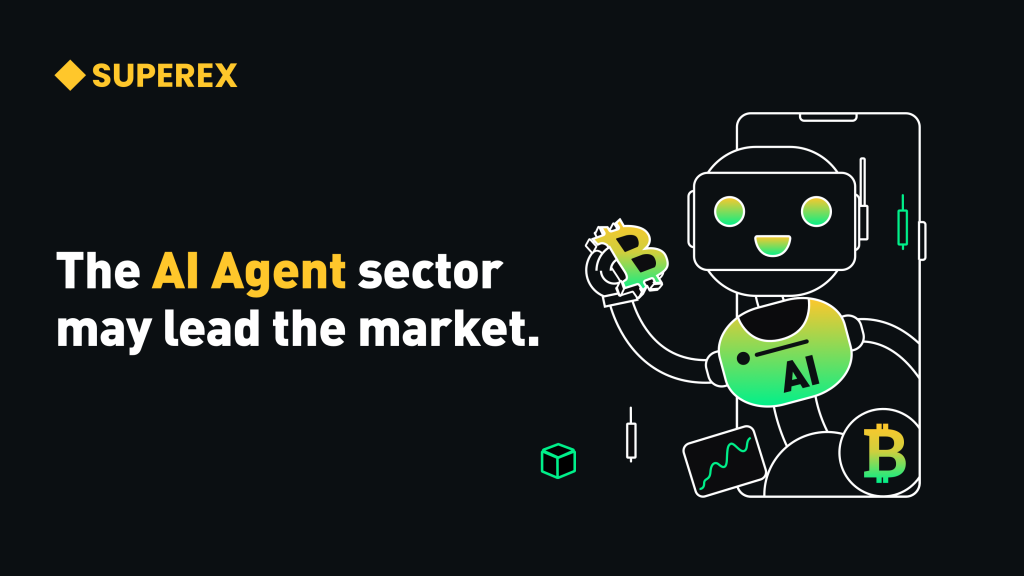
#SuperEx #AI #AIAgent
AI Agent is a track that has attracted much attention in the field of artificial intelligence in recent years. With its unique capabilities of autonomous decision-making and task execution, it is driving in-depth changes in multiple industries. As an agent system, the goal of AI Agent is to perceive the environment, analyze data, learn, and execute complex tasks, so as to provide users with intelligent and personalized solutions. The rapid development of this track not only relies on technological progress but also reflects the urgent market demand for more efficient and intelligent services.
- Click to register SuperEx
- Click to download the SuperEx APP
- Click to enter SuperEx CMC
- Click to enter SuperEx DAO Academy — Space

Firstly, we need to clarify what AI Agent is. AI Agent is an autonomous intelligent system that can complete the entire closed loop from perception to decision-making and then to execution without human intervention. This ability benefits from the combination of multiple core technologies, including deep learning, reinforcement learning, natural language processing, and computer vision. For example, an AI Agent in the financial field can analyze market data in real time, identify trading opportunities, and execute trades automatically. An AI Agent in the smart home field can learn users’ living habits and optimize the use of electrical appliances. Compared with traditional software, the advantage of AI Agent lies in its adaptability and dynamic interaction ability, enabling it to quickly respond to changing environments and user needs.
Behind the rapid rise of the AI Agent track, market demand has played a key role. According to a survey by Gartner, 80% of enterprises plan to introduce AI Agent within the next five years to improve business efficiency and user experience. Taking the medical field as an example, AI Agent is changing the traditional diagnosis and treatment model. By analyzing patients’ health data, AI Agent can provide accurate health assessments and personalized treatment plans, helping to alleviate the problem of insufficient medical resources. In the financial field, the application of AI Agent focuses on intelligent investment advisors and quantitative trading. By analyzing vast amounts of market data and adjusting investment strategies in real time, it helps investors maintain an advantage in a volatile market.
Data has further verified the growth potential of the AI Agent market. According to a report by Market Research Future, the global AI Agent market is expected to reach $30 billion by 2026, with a compound annual growth rate of over 20%. Among them, the growth of AI Agent projects combined with blockchain is particularly remarkable. For example, projects such as Fetch.ai and Ocean Protocol have introduced AI Agent into decentralized networks, providing solutions for smart city management, supply chain optimization, and decentralized finance. According to statistics, in the third quarter of 2024 alone, the user growth rate of Fetch.ai reached 35%, indicating that the market’s acceptance of such technologies is rapidly increasing.
The technological advantages of AI Agent also make it an important driving force for the Web3.0 ecosystem. Under the framework of Web3.0, decentralization, data autonomy, and the trust economy are the three core principles, and the introduction of AI Agent can precisely strengthen these principles. For example, in the field of decentralized finance (DeFi), AI Agent can serve as a cross-chain asset management tool, automatically execute complex trading strategies, and ensure the security of users’ assets. In addition, AI Agent can automate processes through smart contracts, reducing the risks of transaction costs and human errors. For example, some blockchain-based exchanges are using AI Agent technology to achieve intelligent order matching and dynamic price optimization, significantly improving the efficiency of the platform.
From the perspective of user experience, the advantages of AI Agent are also very obvious. Traditional software often passively responds to user instructions, while AI Agent can actively learn user behaviors and predict needs. For example, on e-commerce platforms, AI Agent can recommend personalized products based on users’ browsing records and purchase histories, improving users’ shopping experiences. Even in the field of virtual assistants, such as OpenAI’s ChatGPT, the application of AI Agent has greatly enhanced the naturalness and intelligence of human-computer interaction.
Although AI Agent has huge potential, its development also faces some practical challenges. Firstly, there are issues regarding data privacy and security. Since the learning of AI Agent relies on a large amount of user data, this may involve the collection and storage of sensitive information. For example, AI Agent in the medical field needs to handle patients’ health records, and any data leakage may pose a serious threat to patients’ privacy. To this end, blockchain-based privacy protection technologies, such as Zk-SNARKs, are providing effective solutions to this problem.
Secondly, there is the problem of the consumption of computing resources. The operation of AI Agent requires high-performance computing support, which not only brings expensive hardware costs but also may increase energy consumption. However, with the popularization of cloud computing and distributed computing power networks (such as Render Network), the deployment costs and energy consumption of AI Agent projects are gradually decreasing. For example, some AI Agent projects have begun to use green energy for power supply to achieve the goal of carbon neutrality.
In the medium to long term, the application prospects of AI Agent will be even broader. AI Agent in the education field can provide personalized learning plans for each student, improving learning efficiency. AI Agent in the logistics field can reduce operating costs by optimizing warehousing and distribution routes. Especially in the field of intelligent manufacturing, the introduction of AI Agent will promote the comprehensive automation and intelligence of the production process, providing technical support for the realization of Industry 4.0.
The capital market also shows a strong interest in the AI Agent track. According to PitchBook data, in 2024, start-up companies related to AI Agent received a total of more than $5 billion in venture capital, covering multiple industries such as fintech, healthcare, retail, and gaming. For example, X.AI, headquartered in the United States, obtained $200 million in its latest round of financing to develop its next-generation intelligent assistant system.
In conclusion, the rise of the AI Agent track is the result of the combined effects of technological progress and market demand. Whether from the perspective of improving efficiency, optimizing user experience, or changing the industrial structure, AI Agent has the potential to lead the market. Although there are still challenges to be overcome at present, as the technology further matures and application scenarios continue to expand, AI Agent is expected to become the core driving force for future technological development. For enterprises and investors, making early arrangements in this track will be the key opportunity to seize the next wave of the technological trend.


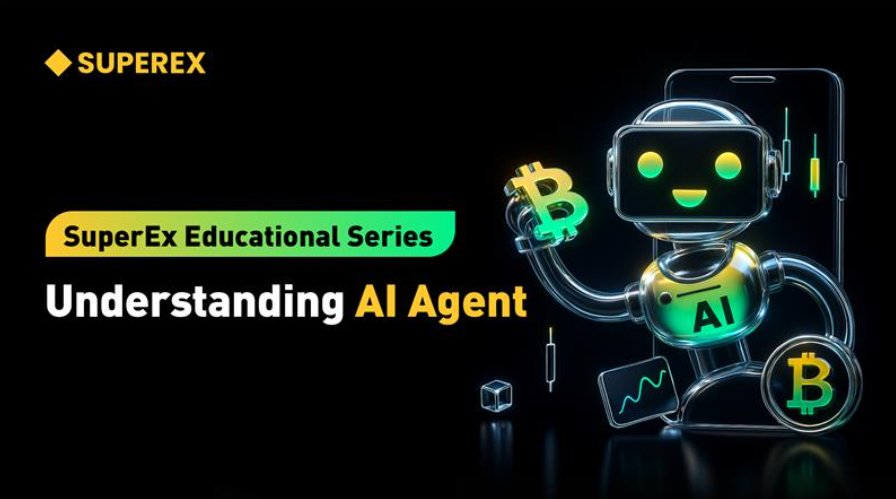

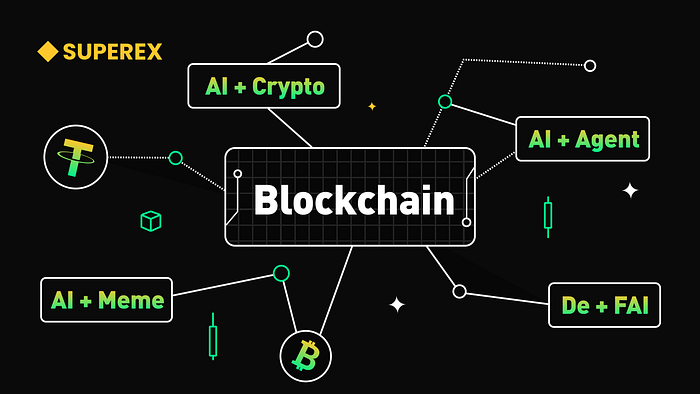
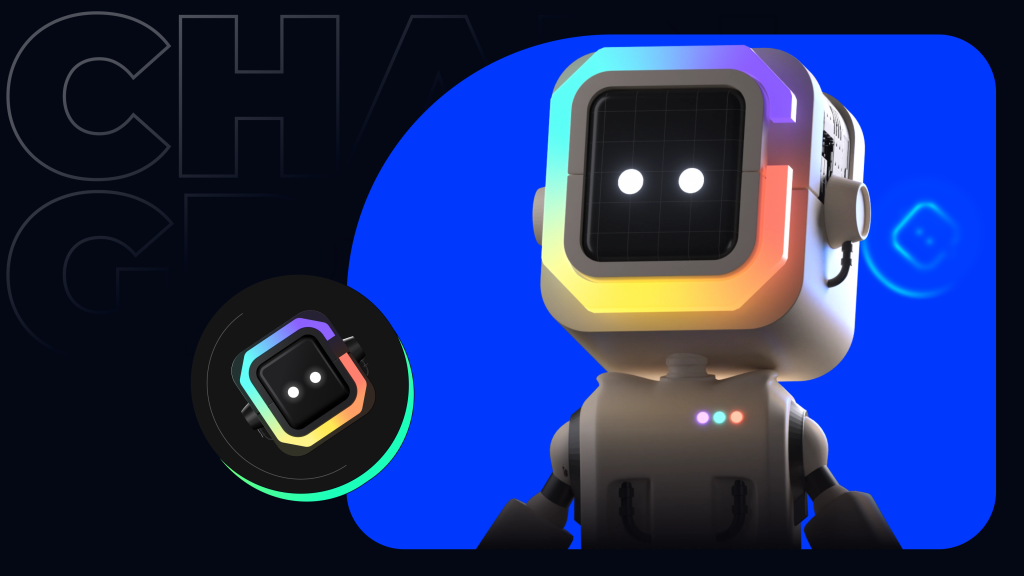
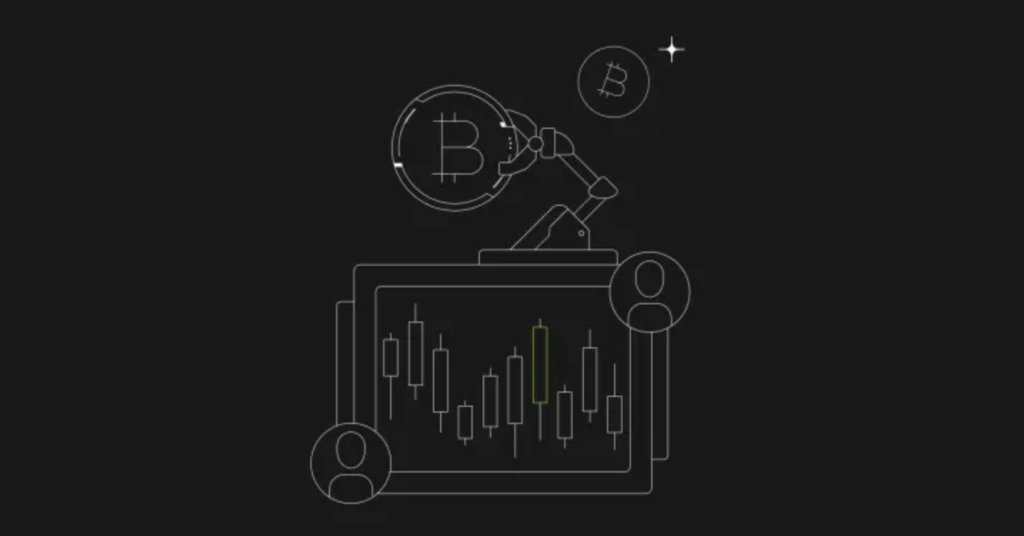
Responses